I wrote about the Big R—rejection—several months back, but as we get closer to Pitch Wars, I find myself reflecting on the OTHER Big-R: revision. That’s what Pitch Wars is all about, after all. Revision Warriors!
Many authors dislike revisions, but I love the process. And I’ll emphasize that last word: process. So, in order to help inspire everyones’ Revision Warrior Mojo, I thought I’d address some myths about revision.
MYTH 1: The most important part of writing is the drafting process.
A couple years ago, I responded to a poll that asked what authors preferred: drafting or revising. I replied that I liked drafting better, and I meant it, but that was before I wrapped my brain around revisions and the magic that happens during the process. The best parts of my books arise during revisions. I’m a plotter, so I have a strong concept before I start, but revision is where I really see my work for the first time. For that reason, I visualize character and theme in a whole new light. Things emerge that I was too close to see during drafting. Each pass allows me to think about a different aspect of my MS.
| MYTH 2: Revision=editing. Definitely not. While editing needs to happen, revision is really about taking something that has the rough shape we’re going for and honing it. Revision is where the depth happens. It’s where characters come to life. It’s where theme is uncovered. It’s where those magical layers and details get added. I love author Susan Denard’s idea of “magic cookies” —the parts of the book you love the most. The parts you can’t wait to write. Maybe even why you wanted to write the book in the first place. |
A first draft a cake with the layer of fondant but no detail work. The shape is there and the base color, maybe some embellishment, but that’s nothing compared to what it will be when we’re done.
| MYTH 3: If I have to revise my book, that means I didn’t do a good enough job the first time. Nonononononoooo. Critiques do not equal criticism. If you haven’t read my mini-series on feedback, you can FIND IT HERE . Getting feedback is never easy. Hell, just knowing someone is reading my book makes me anxious. Even if that person is my mom. (I actually told her that the other day.) That said, feedback is essential. Before I move on, I really need to say something. Raise your hand if you wrote a book. Keep it up if you wrote two books. Now three. And four… You get the picture. Writing a book is hard work. Just the fact that you’re at a point where you’ve got an MS that is Pitch Wars-ready (or ready for a critique partner) means you’re doing everything right. Competitions like Pitch Wars and critiques from other writers serve as next steps that help us take our work to a higher level. We’re well into the embellishment phase of our cake saga. (I’m talking sugar flowers and candy sculptures and that edible glitter paint stuff.) |
I usually use the plural because, for me, it’s a multi-step process. I do a pass for big stuff—plot holes, inconsistencies, and scenes I forgot to show. Then there are character passes. Passes for theme, etc. Not to mention the fact that as we really immerse ourselves in revision, we sometimes get the best ideas ever—maybe inspired by something our CP said or from our very own heads.
Now, this is the part you may not want to hear, but these shiny new ideas often require us to go back and do a major overhaul to our books. But don’t panic, because it’s totally worth it.
My debut novel, TEN PAST CLOSING, is a great example of this latter point. When I was accepted into Pitch2Publication in 2016, my mentor pointed out that some of my chapters weren’t working. Initially, I had many POVs (and I love multi-POV books, don’t get me wrong), but she felt they diluted the story of my two MCs too much. Interestingly, I knew there was a problem with the book; the romance between my MCs wasn’t working. Her input helped me see that I could make better use of that word-count real estate and write in scenes that supported the chemistry between my MCs. This was an exciting revelation for me, because the romance was literally one of my magic cookies. Though it meant swallowing some hard feedback and a commitment to a ton of work, I know that she gave me the input I needed to bring out the best in my book.
MYTH 5: Revision is about finding what isn’t working.
Revision is partly about finding what isn’t working, but it’s also about finding the magic, keeping an open mind and letting the insights wash over you. Remember that beautiful cake that needs all the final detail?
Some people really stress over getting their first draft just right, but I don’t. Though there are stories about authors who plotted so thoroughly they drafted their book in a finished form, this is something that maybe .1% of authors can do. But we don’t need to. (That sounds like an awful way to write a book. I mean, let’s talk about pressure. Right? To aim for perfection right off the bat…) I love knowing I’ll have plenty of shots making my book everything I want it to be. It prevents me from getting too hung up on something that’s not working right at this very minute. I’ll have another chance to nail it, and I trust that the right idea will come to me as I continue to work the process.
Trust the process.
It may be messy, but it always gets me there. Even if I’m not having any particular challenges with an MS, I know I’ll be doing a lot of rewrites because I always come up with exciting new ideas once I dig into revisions. Even if I think I’ve just written the best book of all time, and I can’t imagine changing a thing, it happens. Every time. Heck, in my most recently-revised book, I did 3.5 major revisions. So, I start each draft with a mindset of acceptance toward all the extra work I’m going to do, and I don’t sweat it when that work arrives.
I had the utmost pleasure of hearing my editor, Alison Weiss of Sky Pony Press, speak at an SCBWI Metro NY workshop this past winter about the beauty of the collaborative relationship. She said that when she’s choosing projects, she specifically looks for ones where she can make a contribution. I love that idea. The incorporation of outside input is an inherent part of the process. It’s supposed to happen. Our editors aren’t cursing the authors whose books need their expert feedback; they want to share in this with us. Once I heard that, I went from being excited to work with her to wanting to jump up and down in the middle of the workshop audience. (I didn’t, though. Dignity remains intact.) And the same thing goes for input from critique partners or workshop leaders or whoever helps you. We need that fresh set of eyes, and it’s fine that they raised questions we never thought of. That’s the whole point; they’re going to see things we didn’t.
Getting feedback and jumping into revisions is challenging, but it is also the most exciting part of the process. It’s where everything can literally change. It’s where the magic happens. So, whether you’re undertaking the process as part of a competition like Pitch Wars or in response to input from an agent you met at a conference, or a CP, remember: The fact that they came up with stuff you hadn’t thought of doesn’t mean you didn’t do it right the first time. This is a process. It will take several passes to get you there, but that’s just fine. That’s the way it goes. We don’t need to nail it the first time, and we don’t need to do it alone. We shouldn’t go it alone.
By this time next month, I’ll be elbow deep in MG submissions in Pitch Wars, and I can’t wait.
Until then, remember: You can do it! You can write!
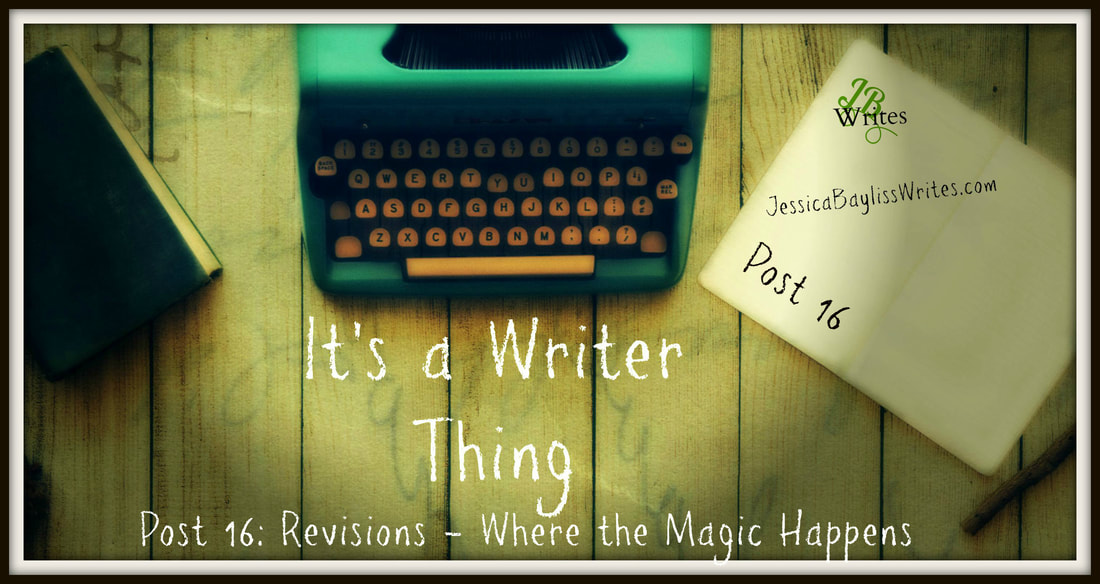

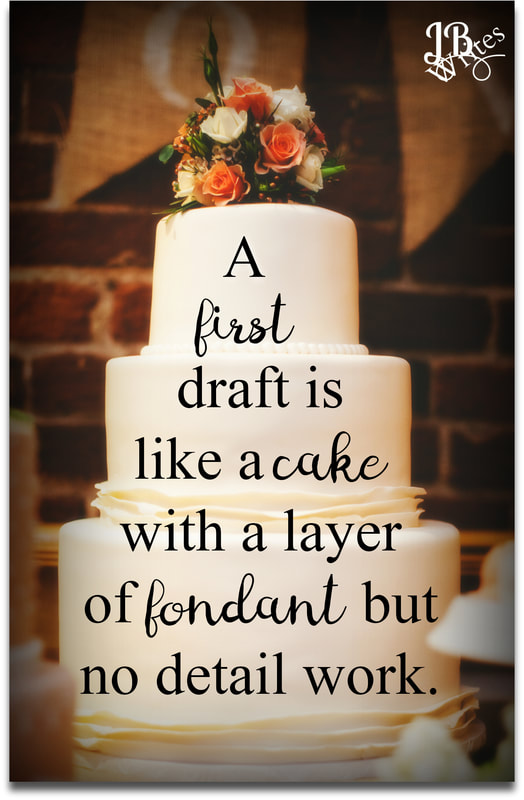
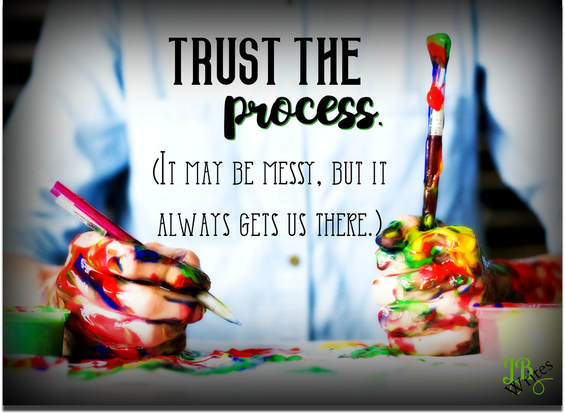

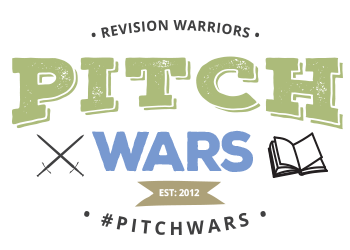
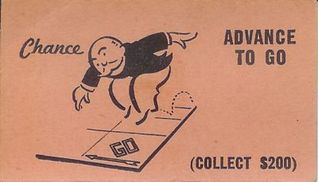





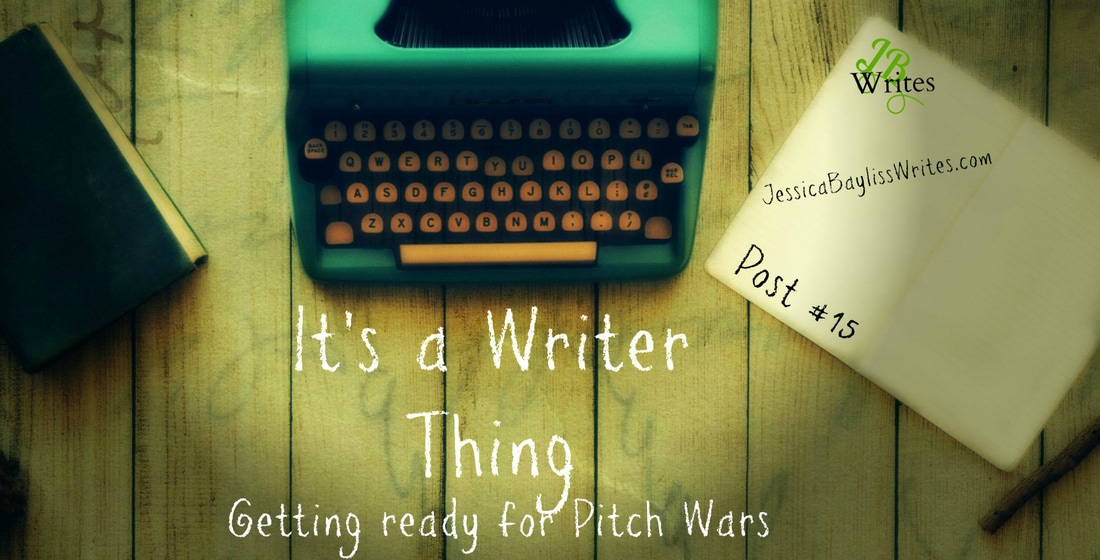

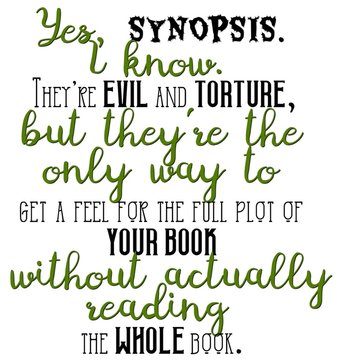

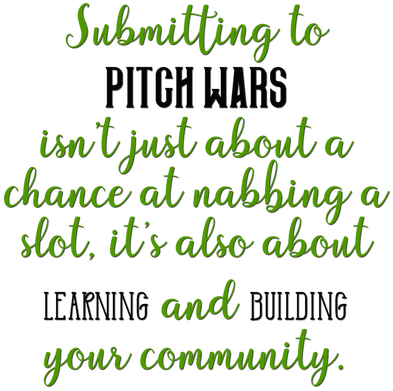

 RSS Feed
RSS Feed
